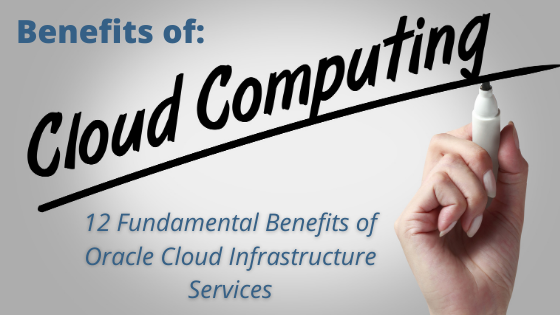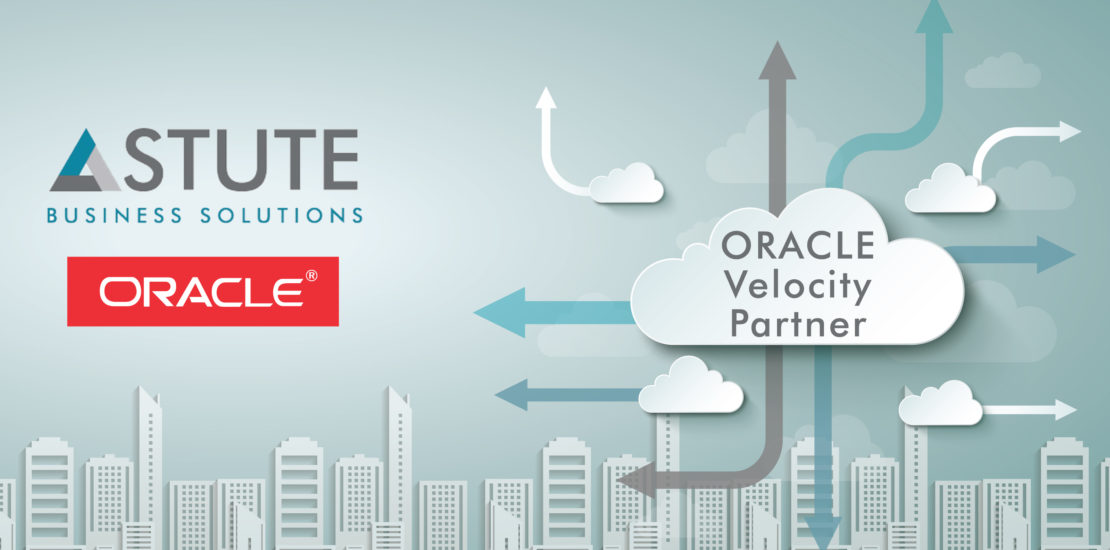The Benefits of Moving Your Legacy ERP to the Cloud Now

Table of Contents
As businesses continue to evolve, it is becoming increasingly important for them to remain competitive in the digital age. One way to do this is for enterprises to migrate their legacy Enterprise Resource Planning (ERP) systems to the cloud. Doing so provides numerous benefits that can help businesses thrive and succeed in today’s ever-changing marketplace.
For starters, moving a legacy ERP system to the cloud significantly reduces hardware costs as well as maintenance demands. By relying on cloud computing services, companies no longer need to invest in costly physical servers, which translates into lower operational expenses and improved resource allocation. Additionally, cloud computing eliminates the need for hardware refreshes or expensive software upgrades. This means enterprises can expect more reliable performance with less downtime and fewer IT headaches in comparison to traditional on-premise systems.
Cloud-based ERP solutions also provide tremendous flexibility when it comes to scalability options and customization capabilities. When businesses host their own ERP systems, they are limited by their own internal infrastructure resources such as bandwidth and storage capacity, making it difficult for them to scale quickly or easily modify existing applications. However, when hosted in the cloud, enterprises have access to virtually unlimited resources which makes customizing or scaling up exponentially easier than before.
Since legacy ERPs typically store large amounts of sensitive data, security is also a major concern when considering a move from on-premise systems to the cloud. Fortunately, modern cloud platforms offer robust security measures such as encryption technology, rigorous authentication protocols and multi-factor authorization tools that make data stored in the cloud much safer than if it were kept on physical servers within an organization’s own office walls. What’s more, by taking advantage of automated backups provided by most cloud providers, companies can ensure their data remains safe even during catastrophic events like hurricanes or fires that could otherwise devastate traditional networks and hard drives alike.
Finally, moving your legacy ERP system from on premise hosting to the cloud allows for improved collaboration between employees working within multiple departments who must rely upon shared information stored within an organization's databases. In addition, since mobile devices are now capable of accessing corporate networks hosted in the cloud with ease, workers are able to access real-time updates while working remotely or traveling away from company headquarters - streamlining processes like customer support/service inquiries while improving communications between internal teams regardless of location or time zone differences around world.
Move your ERP to cloud and overcome on-premise challenges
Empower your team with a robust working infrastructure.
The advantages laid out above provide just a snapshot of why now is an ideal time for businesses looking at migrating their legacy ERP systems over to the cloud; however there are countless other benefits organizations can enjoy by making this transition - including cost savings related both hardware investments and personnel wages/salaries due more efficient workflows enabled by leveraging modern technologies hosted via remote servers rather than local machines. Ultimately these advantages add up with time resulting in higher ROIs as well as increased market share due lessened barriers associated with expanding operations internationally where language/cultural differences would otherwise pose difficulties otherwise when running traditional processes via aging infrastructures based upon outdated technology stacks.- not only enabling improved competitiveness against rival firms but providing additional opportunities for growth into untapped markets without having worry about investing time/resources into building new physical facilities from scratch.
Arvind Rajan is Co-Founder and CEO of Astute Business Solutions. He is leading the expansion of Astute services to include Cloud Managed Services, Disaster Recovery on Cloud, and Integration and Process Automation using Platform Cloud Services.
Search
Related Posts
Subscribe Our Newsletter
Gain access to exclusive insights, technical know-how and crucial knowledge from Astute experts.
Share Article
See The Team In Action
Upcoming Events
Reach Out
Ready to Connect?
Please fill the following form, we will get back to you within a business day.
Contact Form
Contact Us
.jpg)

.png)
